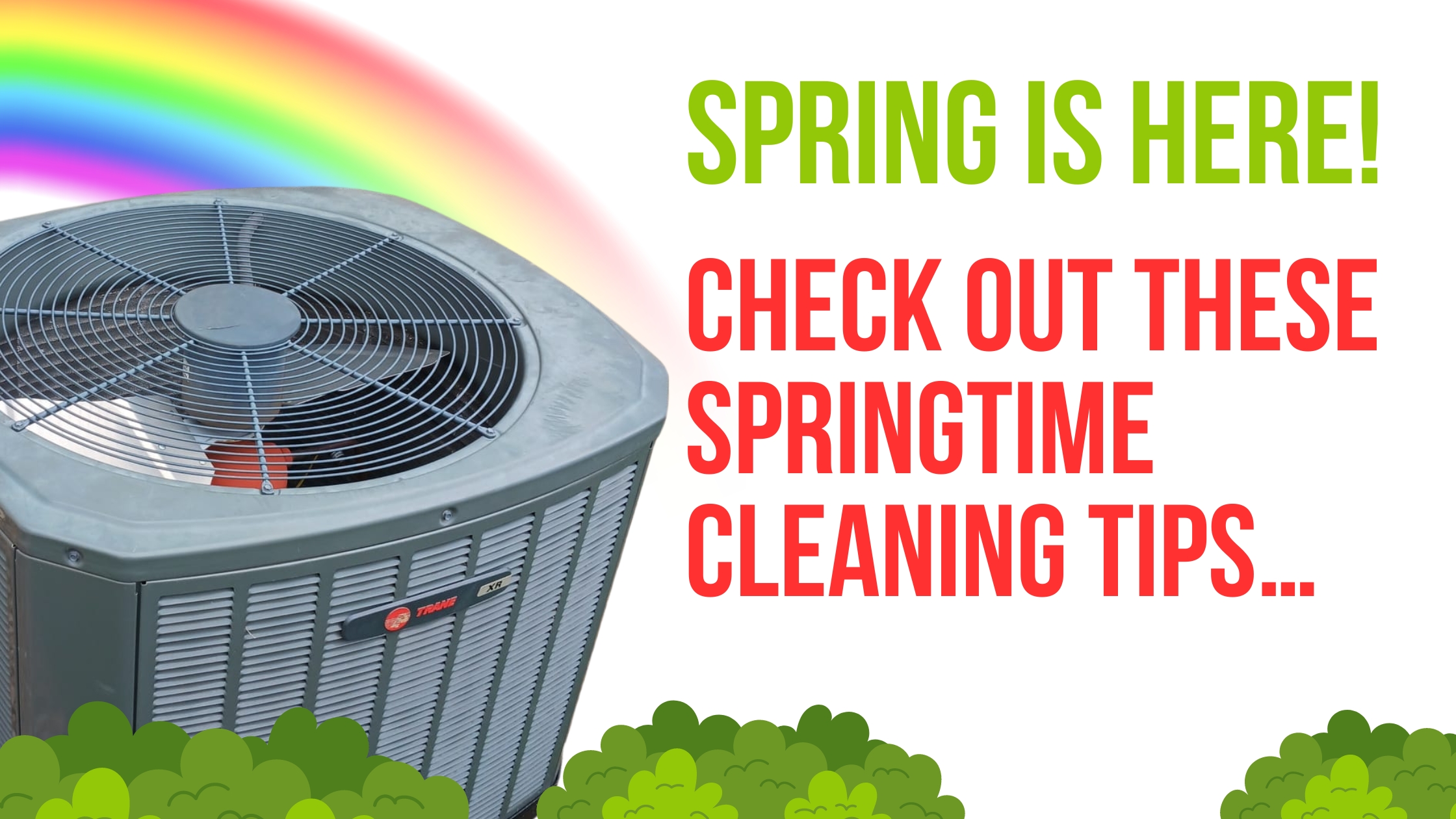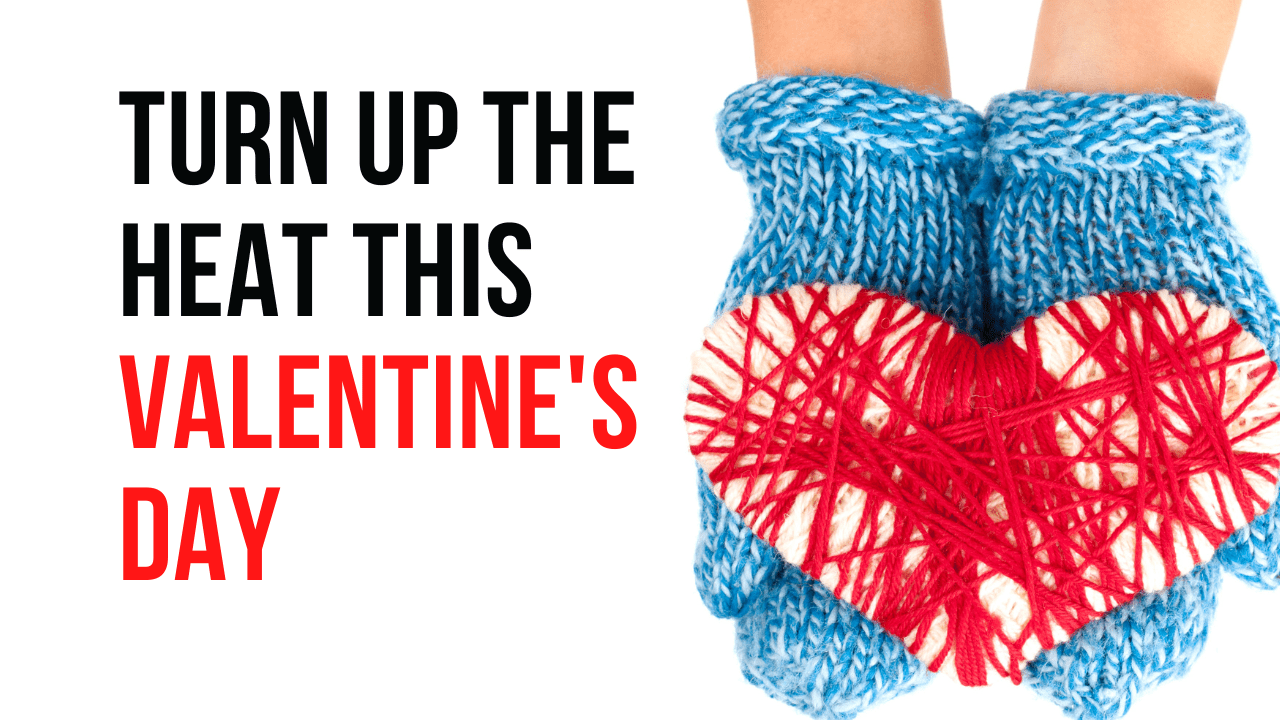Power Surges and how you can protect your home
A power surge is a sudden and temporary increase in voltage that can occur in your home’s electrical system, usually caused by lightning strikes, power outages, or power grid malfunctions. This sudden surge in voltage can damage or destroy electrical equipment and appliances that are plugged into outlets.
Let Hunter Service Group, the expert in electrical services in San Antonio, TX, discuss how to protect your home and appliances from power surges. Here are some tips:
- Install surge protectors: Surge protectors are devices that protect your electrical equipment and appliances by diverting excess voltage away from them. You can install surge protectors at the electrical panel or use individual surge protectors for specific devices.
- Unplug electronics during storms: If you know there’s a storm coming, it’s best to unplug electronic devices and appliances from the wall to avoid the risk of damage from power surges.
- Invest in a whole-house surge protector: A whole-house surge protector is installed at your home’s electrical panel and protects your entire home from power surges. This is an excellent option if you live in an area that’s prone to lightning strikes or power outages.
- Regularly maintain your electrical system: Regular maintenance of your electrical system can help prevent power surges. This includes checking for faulty wiring, loose connections, and outdated equipment.
- Don’t overload outlets: Overloading outlets can cause them to overheat and can increase the risk of power surges. Make sure to distribute the load of your appliances and electronics among different outlets and circuits.
Following these tips can help protect your home and appliances from power surges. Reach out to us if you would like your free estimate on surge protection. We provide repairs and installations. You may also call us or fill out the form to schedule an appointment.










